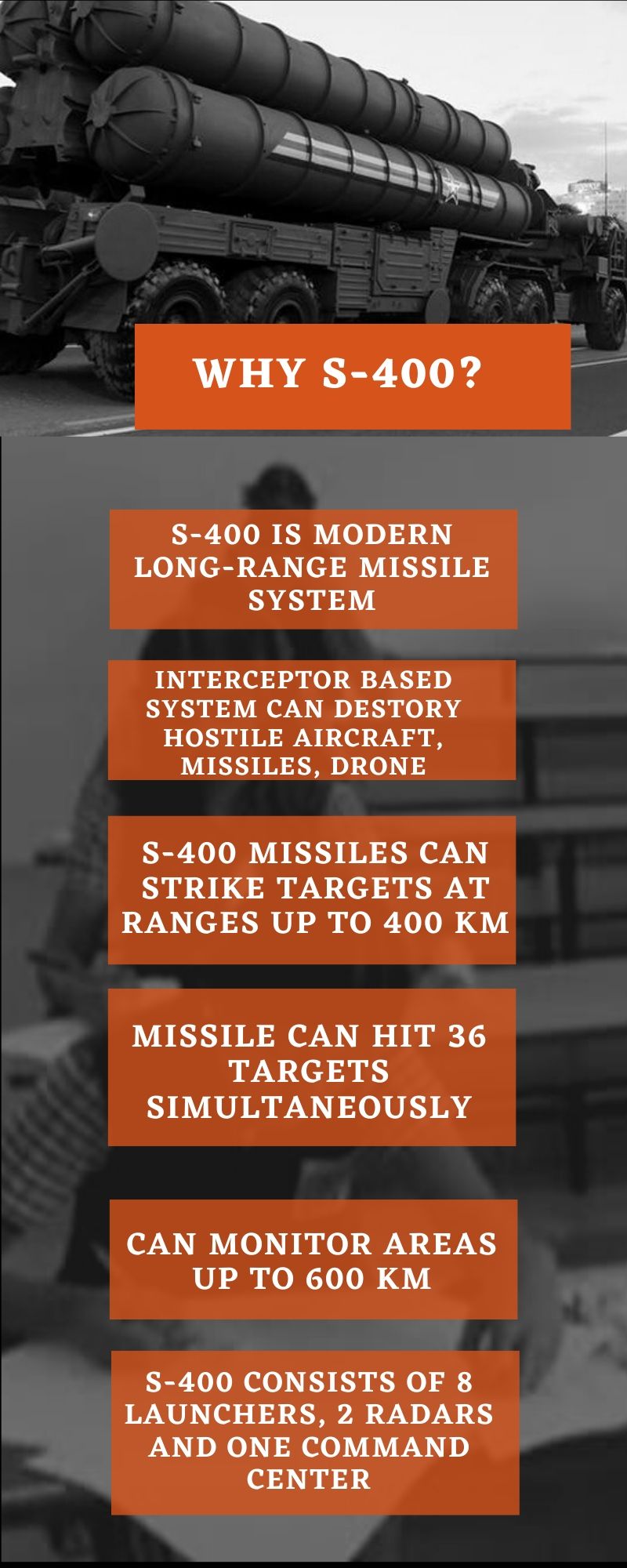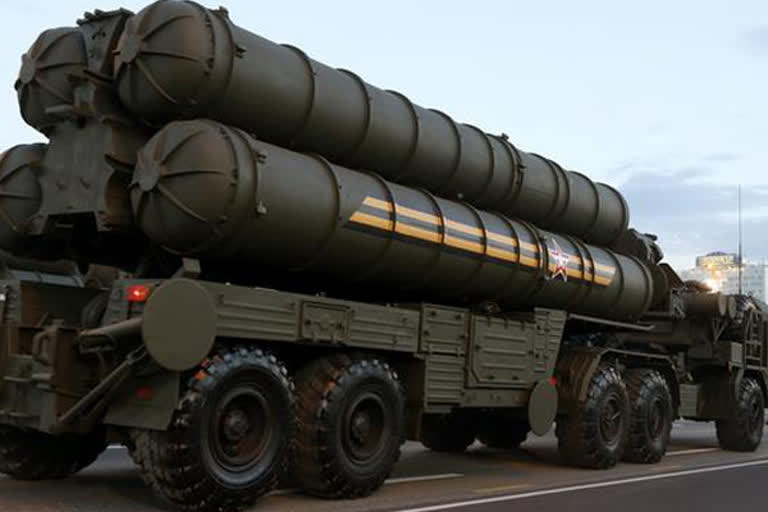Hyderabad: India-China border dispute is taking more complex strategic forms as China is moving ahead aggressively with its 'Salami tactics' and India giving its troops free hand to deal with the situation in the ground level.
The recent Galwan valley clash between Indian and Chinese troops in eastern Ladakh claimed 20 lives of Indian Army personnel. These are the first casualties suffered by either army since 1975 when an Indian patrol was ambushed by the Chinese troops in Arunachal Pradesh.
The latest attack took place after the Brigade and Company commander-level talks happened in eastern Ladakh between the two militaries. Security establishment officials have maintained that the Chinese PLA provoked the skirmishes by establishing posts in the Indian territory.

As such incursions continue with a long term plan of changing the status quo, and gaining an upper hand, in dispute resolution process in future, it is imperative that India needs S-400 !
The S-400 Triumph, also known as SA-21 Growler among NATO nations, is a long-range missile system. Triumph interceptor-based missile system which can destroy incoming hostile aircraft, missiles and even drones at ranges of up to 400 km.
This will tighten our air defence mechanism, particularly along the nearly 4,000-km-long Sino-India border.
Read: Rajnath Singh's Russia visit: Can India get S-400 missile system early?
The S-400 is an upgraded version of the S-300 systems. The missile system, manufactured by Almaz-Antey, has been in service in Russia since 2007.
India and Russia had signed the $5.4-billion missile deal on the sidelines of the annual bilateral summit between Prime Minister Narendra Modi and Russian President Vladimir Putin in New Delhi in 2018.
The S-400 missile deal has been an issue of much speculation after the US administration's Countering America's Adversaries Through Sanctions Act (CAATSA) law came into effect in January 2018.
CAATSA targets countries doing business with Russian, Iranian and North Korean defence companies.
A group of US senators imposed the sanctions on Russia over what they called Moscow's continued involvement in the wars in Ukraine and Syria and its alleged interference in the 2016 US presidential election.
Though the systems were supposed to be delivered between October 2020 and April 2023, the Russian Embassy in New Delhi earlier this year said that the delivery has been delayed till 2025 as deals for the system crossed $16 billion across the world.
Reports suggest that since China has already acquired the S-400 missile system from Russia, this has become an additional source of concern for India.



